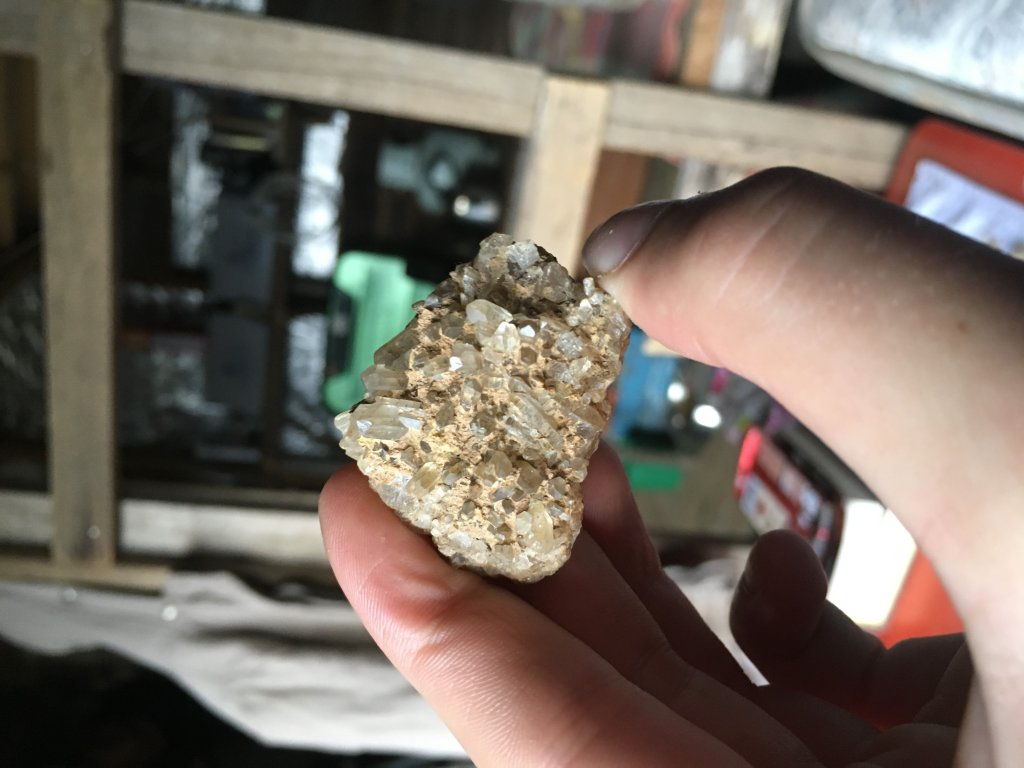- Joined
- Apr 2, 2019
- Messages
- 2
- Reaction score
- 0
Hi I have found some amazing crystals in the Victorian high country and they are so beautiful but full up with corrosion & built up clay!
I have tried ...
Soaking them for a short period of time
Soaking them for a long period time (only in soapy and jiff water though and I mean for weeks)
Scrubbing with a toothbrush
Scrubbing with a make up brush (both weak should I try a wire brush??)
Ill attach photos to get a better idea! Cant seem to get any of it off!
Please any tips and tricks welcomed
Happy hunting!

I have tried ...
Soaking them for a short period of time
Soaking them for a long period time (only in soapy and jiff water though and I mean for weeks)
Scrubbing with a toothbrush
Scrubbing with a make up brush (both weak should I try a wire brush??)
Ill attach photos to get a better idea! Cant seem to get any of it off!
Please any tips and tricks welcomed
Happy hunting!




